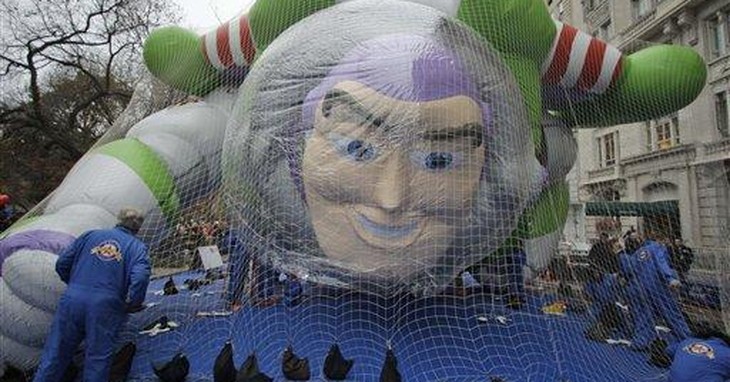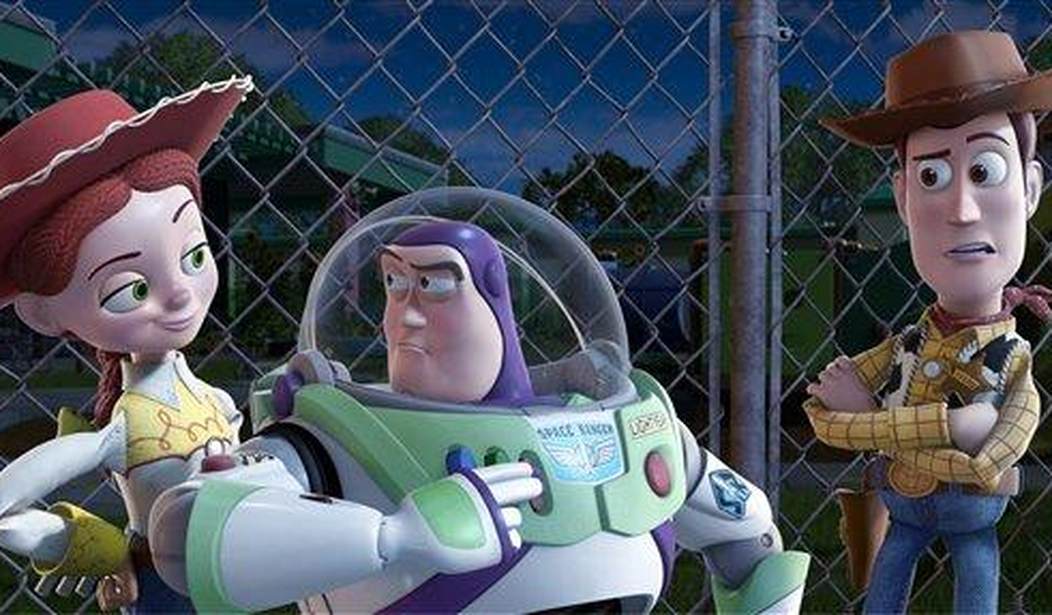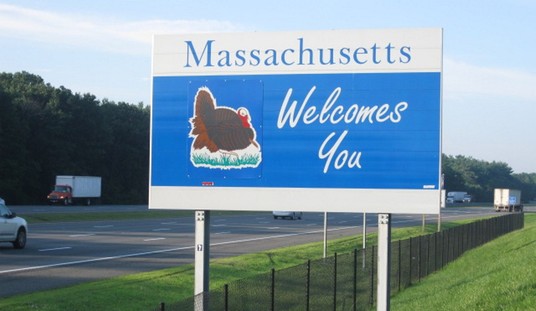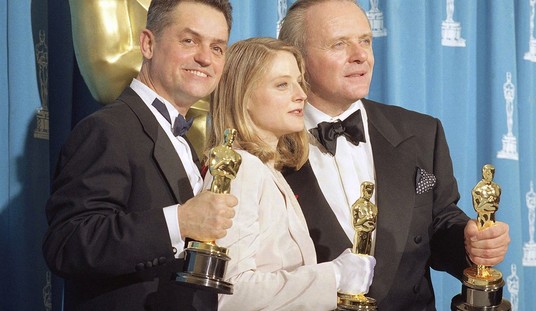The mystery with Disney is what was the business decision behind inserting a same-sex scene in the kid’s film?
It is apparent the Disney Corporation — in regards to its dramatic releases — is going with a current slate of recycled properties. Established characters and plotlines are being pimped out in theaters and on the Disney+ streaming service. Sequels and extended storylines have been joined by a raft of origin stories. The success of “The Mandalorian” birthed “The Book of Bobba Fett,” and the long-gestating “Obi-Wan” was given life. Now they are tapping into the goldmine of the “Toy Story” franchise to give us the origins story that is “Lightyear”.
There had been some pushback at this idea initially, partly because this was possibly diluting what is a beloved franchise, but also because it was revealed that longtime voice of the character Buzz Lightyear — Tim Allen — would not be brought back. Instead, the character was going to be voiced by Chris Evans. Good to see him finally getting the chance to play a superhero. (/sarc) But then an even more potentially divisive piece of news was reported.
In the film, there will be a scene where two female characters are shown to be involved, and they will share a lesbian kiss on screen. The creative team at Pixar saw to it, after some claims of gay content expunged from prior productions, that this would be included. Initially, Disney approved of the couple but did not want them to share an embrace on screen, but then the company relented and the sapphic osculation is hence portrayed in CGI splendor.
This inclusion is being met with resistance, however, in some foreign markets. It was announced this week that Saudi Arabia has prevented the movie from being shown in its kingdom due to this scene, joining 13 other territories where the movie will not be playing, including China. Most of those markets are in Muslim countries, so this reaction is not all too surprising. The question now becomes how much of a financial impact will this have?
Arguably, it could be negligible – at least abroad. Saudi Arabia is a marketplace that is burgeoning, not booming. They have only permitted movie theaters to be built in that nation since 2018. Currently, they have barely 50 theaters, sporting less than 500 screens nationwide. This is not a huge market for Hollywood. To date, the biggest Hollywood hit there has been “Spiderman: No Way Home,” which earned just over $11 million.

Overseas the biggest missed territory is, of course, China. The question there is: Would “Lightyear” even have garnered a release on the Mainland? That is doubtful. Of the entire franchise, only “Toy Story 4” was released in China, and it scratched out just over $13 million. The backstory of one of those characters is not generating significant interest in the region that only permits a few dozen Hollywood releases annually.
That said, what about domestically? Since many of the market metrics are not readily available, we need to resort to pragmatic analysis. Some may feel that the ginned-up controversy of the ladylike lip lock will generate free publicity and boost the fortunes of the film. This however seems dubious, for a few reasons. The LGBTπ audience segment is not all that large, to begin with, so even if this was met with enthusiasm the expected returns are relatively small. Now factor in that this is a film geared toward the younger crowd, and that potential interest is sure to be blunted somewhat.
But keeping in mind that children’s interest and we need to factor in another immeasurable but likely response – how many families will be turned away by the announced inclusion of same-sex characters? It is a realistic expectation, and possibly one that could not only mitigate the positive returns from an increased LGBTπ turnout, but those refraining from buying tickets could exceed that market share.
This leaves us with one last question: What is the expected benefit for Disney by including this content in a kids’ movie? Overseas, you lost potential audiences, both this summer but also with any future interest, you might have generated. Domestically, at best you are probably facing a break-even point with attracted/repelled ticket buyers, but you have also dredged up the controversy from this Spring regarding the Florida parental rights law and the attached sexual components that ultimately led to a PR fiasco for Disney.
The only benefit would be in appeasing an online activist set, a notoriously unreliable group when it comes to business returns. Those web-based provocateurs pledging support or promising boycotts have shown over the years to be more about announcements than action. Further, the people dwelling online like that are just as prone to seek out your movie content online. You will just as likely compel them to show support by pirating your title.
So in the end, yes – Disney will have animated lesbians kissing on screen. What this accomplishes for the company seems a less noteworthy result.














Join the conversation as a VIP Member